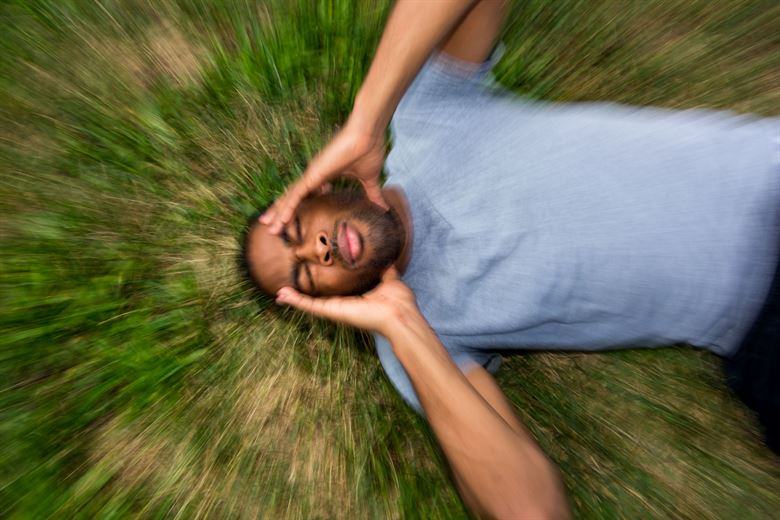News
Study indicates that even mild concussions can double the risk of suicide

Concussions and suicide have long had a murky connection, especially following the high-profile deaths of football players with CTE like Junior Seau and Aaron Hernandez. However, the links have been poorly understood, with limited research on the topic.
Now, a new study published in JAMA Neurology this week has found hard evidence that a concussion can increase a person’s risk for suicide. Still, the team of researchers at the University of Toronto, led by Dr. Michael Fralick, say the overall risk of suicide remains relatively low.
“Although there has been anecdotal evidence reported in newspaper reports, movies, and documentaries suggesting a link between concussion and/or mild TBI and subsequent suicide, past studies on the topic have been limited by small sample sizes and conflicting results,” explains Fralick in the report.
To explore the connection between concussions and suicide risk, Fralick’s team examined 17 past studies including data on more than 718,000 individuals diagnosed with a concussion or mild traumatic brain injury. This data was then compared against information from more than 6.5 million people with no history of brain injury.
According to the findings, experiencing a concussion could increase someone’s risk of concussion by 100%. Two studies which included a follow-up 4 years after the injury estimate that 1,664 of 333,118 individuals (0.5%) and 250 of 126,114 individuals (0.59%) died from suicide after a TBI.
The results also found heightened risks for suicide ideation and suicide attempts following traumatic brain injuries.
As for what people can do to reduce their risk, Fralick has a few recommendations.
“I think it is also important for people to be aware of effective strategies to prevent concussion,” he added. “For example, the common-sense advice about avoiding contact sports, especially at a young age, is correct. But as a proud Canadian who grew up playing hockey and rugby, I appreciate not everyone will take this advice. For people engaged in these sports, wearing a helmet and using a mouth guard is really important to decrease your risk of concussion.”
Additionally, Fralick emphasizes the importance of allowing for a proper recovery after a brain injury.
“For anyone who has a concussion, it is incredibly important that they rest after the event and avoid alcohol,” he said. “We know that immediately after someone has a concussion, their brain is very vulnerable to another concussion.”
Next, Fralick and his team say they plan to explore potential strategies for identifying what factors may make specific concussion patients more or less likely to attempt suicide.
“Future studies are required to develop strategies to prevent concussions and/or mild TBI and to identify patients at highest risk of suicide after incurring such injuries,” Fralick and colleagues write.



